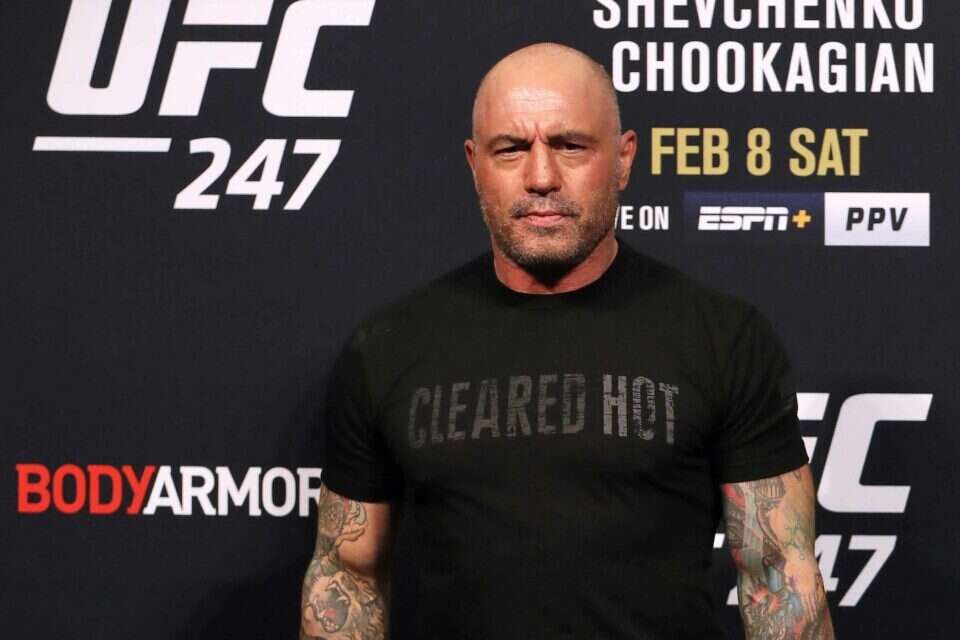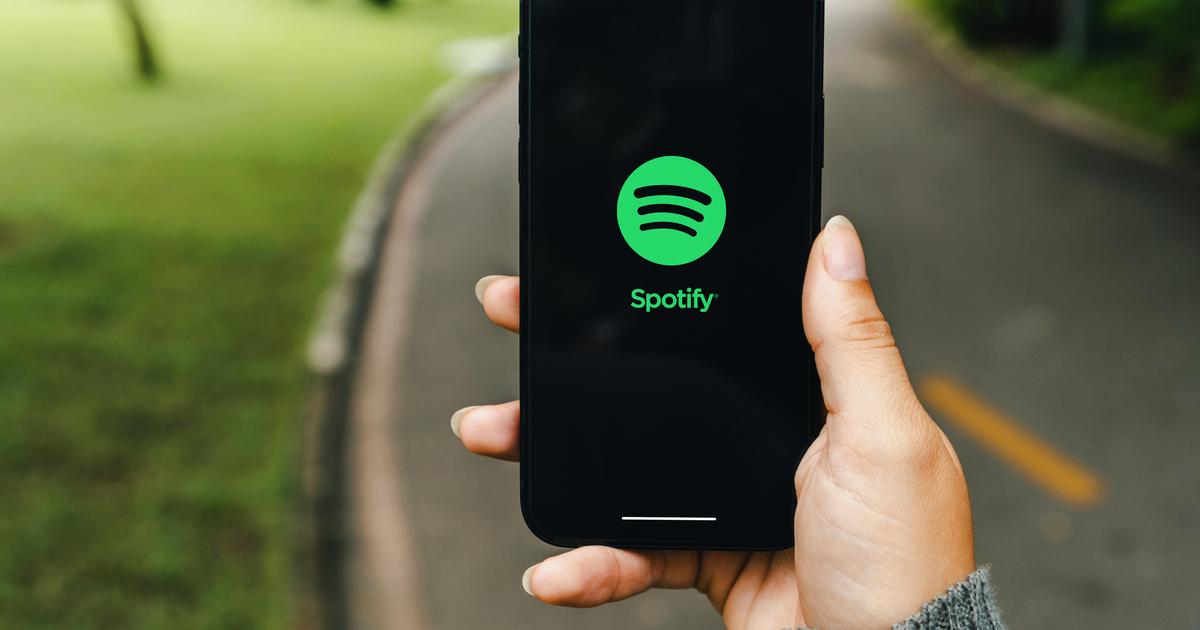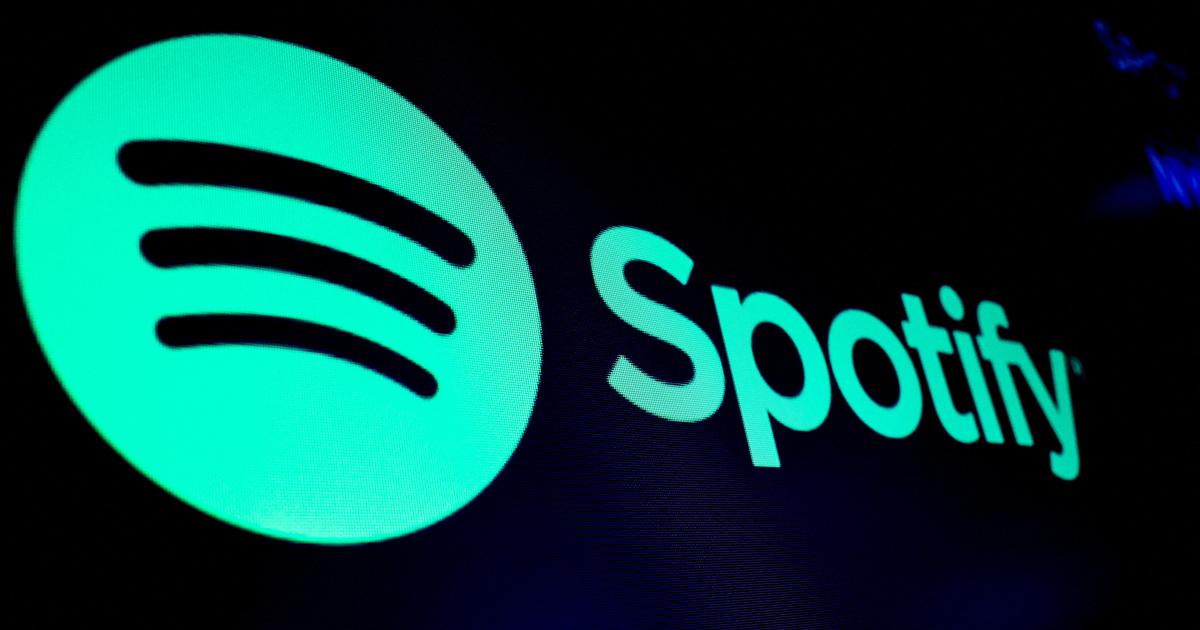For years, Joe Rogen was barely known for his work as a stand-up comedian, mostly because of his role as facilitator of The Fear Effect.
But for at least a decade his status has been changing, and he is becoming one of the most powerful people in the American media, thanks in large part to his podcast "The Joe Rogan Experience."
Although he is no longer in the fear effect, Rogen seems to have a talent for arousing terror, so according to the turmoil that refuses to be quiet since Neil Young, Johnny Mitchell, Graham Nash and now India Ari have also declared war on him.
The pretext for the war: A problematic interview he conducted with Dr. Robert Mellon, denies Corona who spreads, among other things, a conspiracy theory that the virus is a Soviet propaganda device.
For shows and entertainment at surprising prices, click here
It all started when thousands of doctors and experts signed an open letter to Spotify, in which they asked her to shake off what was said in Rogen's program and set stricter rules for information disseminated on the streaming platform.
Neil Young joined the call, publicly approached Spotify and asked the company to choose between his music catalog and Rogen's show.
He claimed that Rogen was disseminating irresponsible information and harming public health.
Spotify, which bought Rogen's podcast in 2020 for an astronomical sum of about $ 100 million, chose not to comment.
Young hurried to keep his promise.
Started the storm.
Neil Young, Photo: AFP
He published another open letter saying, "I support freedom of expression.
I have never been in favor of censorship.
"Private companies have the right to decide what they profit from, just as I decide not to let my music support a platform that spreads destructive information."
Rogen's podcast is known and successful precisely because of the kind of conversations he had with Dr. Mellon - long, loose interviews that sometimes contain extreme fringe opinions, spiced with blatant humor and a not particularly politically correct atmosphere.
Still, Rogen was quick to issue a kind of weak apology, promising to broadcast more balanced opinions in the future.
This did not solve the problem, because it is clear to all parties in the affair that Rogen's reputation has been accumulated thanks to his willingness to broadcast things that ministerial media companies cannot or do not want, and therefore it does not really matter.
Joe Rogen's podcast on Spotify, Photo: AFP
In recent years there have been many stories of this kind.
Just last winter Netflix was in a similar situation with Dave Shappel, when the comedian said in his specialty problematic things about the trans community and then received harsh criticism from prominent speakers in the community.
The comedian received a sum of twenty million dollars for each of his special comedies, the content of which has always been polemical and blatant.
Both Apple and Rogen could have demanded so much money for exactly the same reason that companies can not censor them now.
They just got bigger than the platform that broadcasts them.
The idea that talent can be silenced is an idea from a different era.
When there were few media outlets it was easy to control the stars and the power was with the media giants.
Until the early 2000s, if the channels and radio wanted someone not to come out of the closet or alternatively prevent because of saying racist and homophobic things, they could easily block him from appearing.
But with countless streaming and communication services, this option has come off the table.
Itamar Roi,
If Spotify had dropped Joe Rogen's episode in question or given up his show altogether, he would have taken his name and audience elsewhere.
The thought of these spoken and adult musicians, as if companies can control their talents, does not take into account this trend change, that for better or worse has already occurred.
The truth is that streaming services have far less power than they seem.
To deny this fact is to deny reality and not see things as they are.
Sometimes the power of the talents leans in different directions and serves different agendas, for example in the story of Taylor Swift and Apple, when the singer demanded a fair payment for artists, or Adele's demand to cancel the automatic Shappel, or Scarlett Johansson's lawsuit against Disney for distributing " The Black Widow 'in streaming and not in cinema, contrary to the early summary.
Things like this - single star wars against giant corporations have been inconceivable in the past.
But the balance of power has changed, and the stars understand that.
One way or another, it can be understood that the question here is not a question of a just agenda or good politics.
The concept of corporate responsibility belongs to an old paradigm.
This is not to say that artists and companies have no responsibility for the things they say and broadcast.
It just means that change does not go through censorship, which has become almost impossible.
Whoever refuses to internalize this, will find himself with much more dangerous conspiracy theories, not with less.
The author is from the podcast network Allin.
Were we wrong?
Fixed!
If you found an error in the article, we'll be happy for you to share it with us


/cloudfront-eu-central-1.images.arcpublishing.com/prisa/EE34CDC3PJG6NJS2677EEACWVU.jpg)




